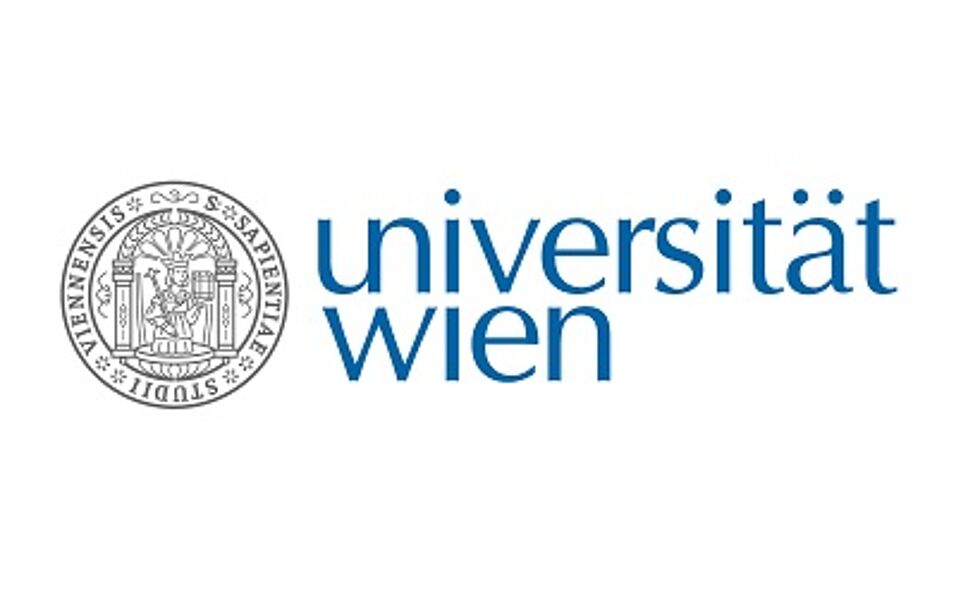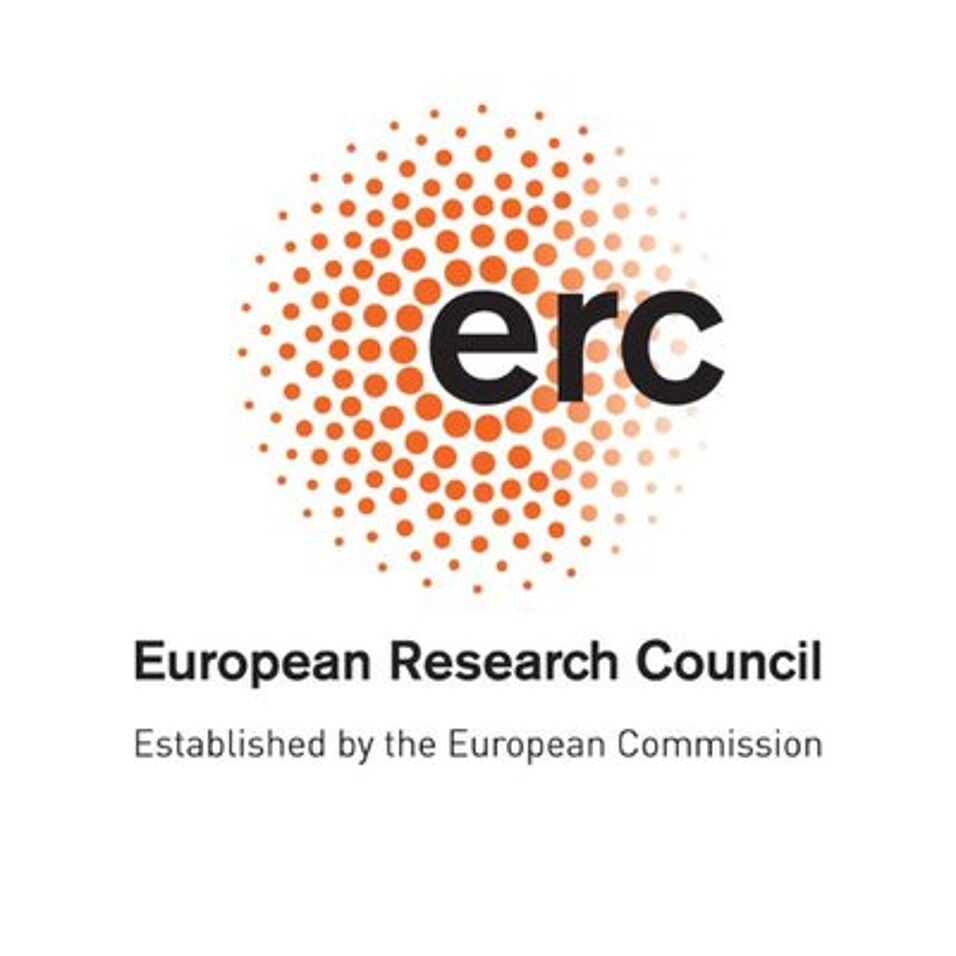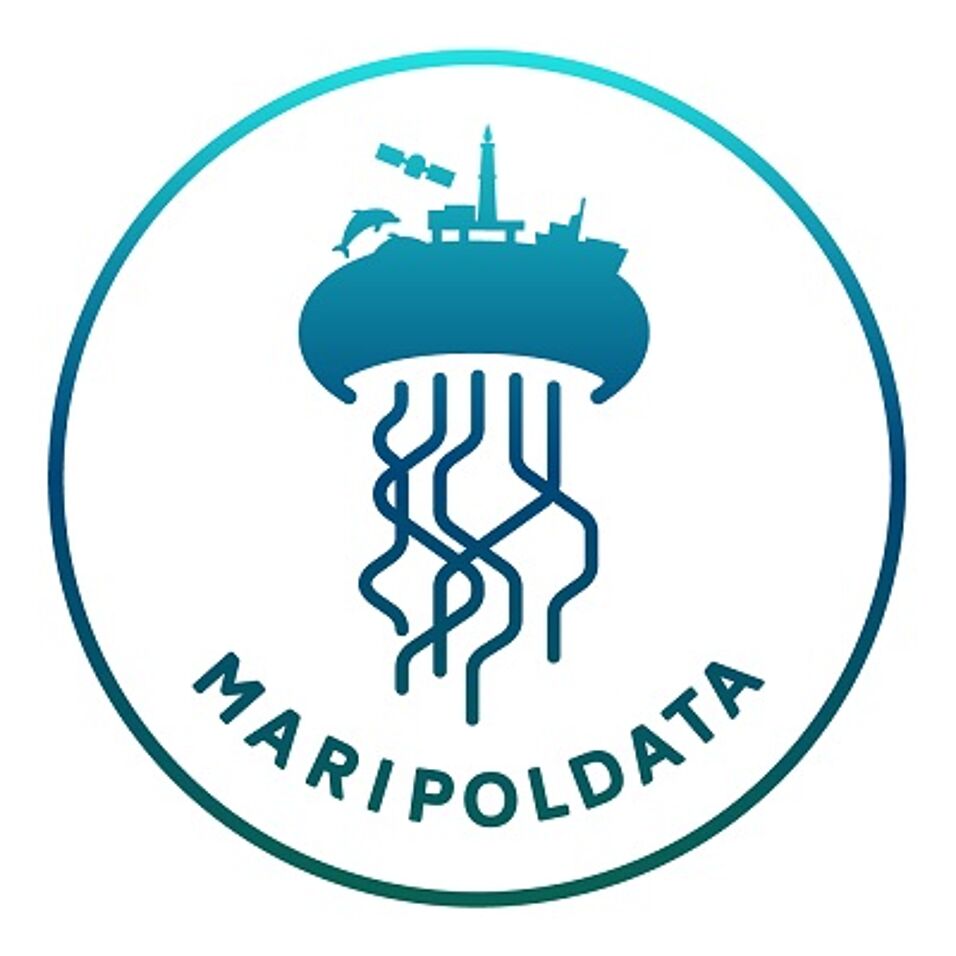At the Faculty of Social Sciences (Department of Political Science) of the University of Vienna the position of a Post-Doctoral Researcher within the ERC Project MARIPOLDATA is vacant.
Overview:
The successful candidate will work in an interdisciplinary research team within the ERC project “The Politics of Marine Biodiversity Data: Global and National Policies and Practices of Monitoring the Oceans (MARIPOLDATA)” led by Dr Alice Vadrot, the Principal Investigator (PI) of the project. The research group is hosted by the Department of Political Science of the University of Vienna and is composed of the PI, a research administrator, 2 PhD students, 2 Post-Doctoral researchers and 2 master students.
The central objective of MARIPOLDATA is to develop and apply a new methodology for grounding the analysis of science-policy interrelations in empirical research. The interdisciplinary and multiscale approach of the project tackles barriers between political science research and the social studies of science, with the objective to understand how we will govern Oceans in the future and how inequalities related to science and data infrastructures can be addressed, studied and reduced. The larger aim of the project is to develop a distinct line of social science research for understanding the interrelation between science and politics more deeply and with regard to its material, social and epistemic effects.
The Post-Doctoral researcher will have a background in quantitative social science methods/data science/computational science and experience in the following areas: scientometrics, bibliometrics and Social Network Analysis. He/She will mainly work on work package two of the project, which maps and analyses the global distribution of marine biodiversity science and expertise. Furthermore, the Post-Doctoral researcher will be involved in the organisation of international workshops, where the new multi-scale approach will be discussed, fine-tuned and the application to other fields discussed. This is an exciting opportunity for a PhD graduate to develop further research experience, working with senior and junior colleagues on a new ERC funded project and in the rapidly emerging and increasingly relevant area of ocean science and governance.
Duration of Employment: 2 years 40.00 hours/week
Salary (gross): Job grading in accordance with collective bargaining agreement: §48 VwGr. B1 lit. b (postdoc) with relevant work experience determining the assignment to a particular salary grade.
Expecting Starting date: 1st March 2019
Application:
Applications should be sent electronically to maripoldata.erc@univie.ac.at by 3rd of February 2019.
Please find further information about the application requirements in the following pdf file.
Selection & Next Steps:
Following the closing date, we will contact you by email to let you know whether or not you have been shortlisted to participate in the next stage of the selection process. Interviews will be held between 11th and 13th of February 2019.
For inquiries about the application process, please contact: maripoldata.erc@univie.ac.at
For informal enquiries about the job, please contact Dr Alice Vadrot: alice.vadrot@univie.ac.at.
For more information about the project: http://www.maripoldata.eu/
The University of Vienna intends to increase the number of women on its faculty, particularly in high-level positions, and therefore specifically invites applications by women. Among equally qualified applicants women will receive preferential consideration.
About the Project:
In order to protect marine biodiversity and ensure that benefits are equally shared, the UN GeneralAssembly has decided to develop a new legally binding treaty under the United Nations Convention onthe Law of the Sea. Marine biodiversity data will play a central role: Firstly, in supporting intergovernmental efforts to identify, protect and monitor marine biodiversity. Secondly, in informinggovernments interested in particular aspects of marine biodiversity, including its economic use and its contribution to biosecurity. In examining how this data are represented and used, this project will create a novel understanding of the materiality of science - policy interrelations in global environmental politics as well as develop the methodologies to do so. This is crucial, because the capacities to develop and use data infrastructures are unequally distributed among countries and global initiatives for data sharing are significantly challenged by conflicting perceptions of who benefits from marine biodiversity research. The central objective of MARIPOLDATA is to develop and apply a new multiscale methodology for grounding the analysis of science - policy interrelations in empirical research. An interdisciplinary team, led by the PI, will collect and analyse data across different policy -levels and spatial scales by combining 1) ethnographic studies at intergovernmental negotiation sites with 2) a comparative analysis of national marine biodiversity monitoring policies and practices and 3) bibliometric and network analyses and oral history interviews for mapping the field of marine biodiversity science.



